Don’t Let These Travel Concerns Ruin Your Trip: Expert Tips to Overcome Them
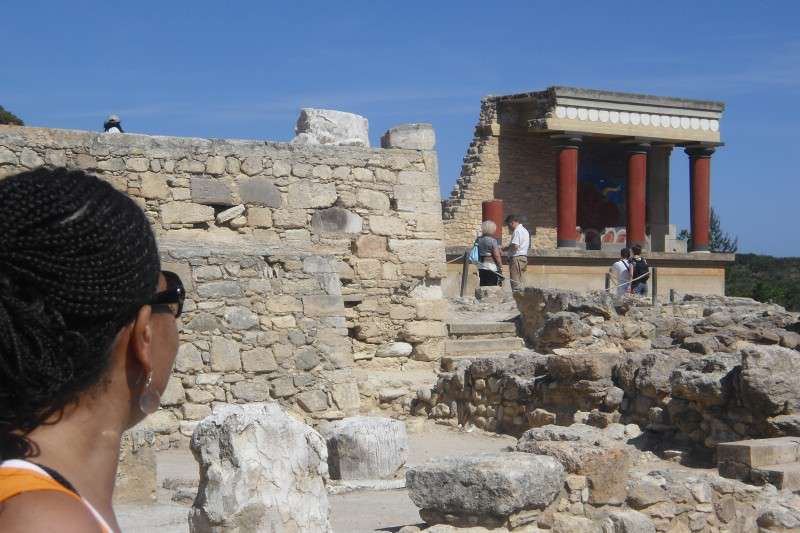
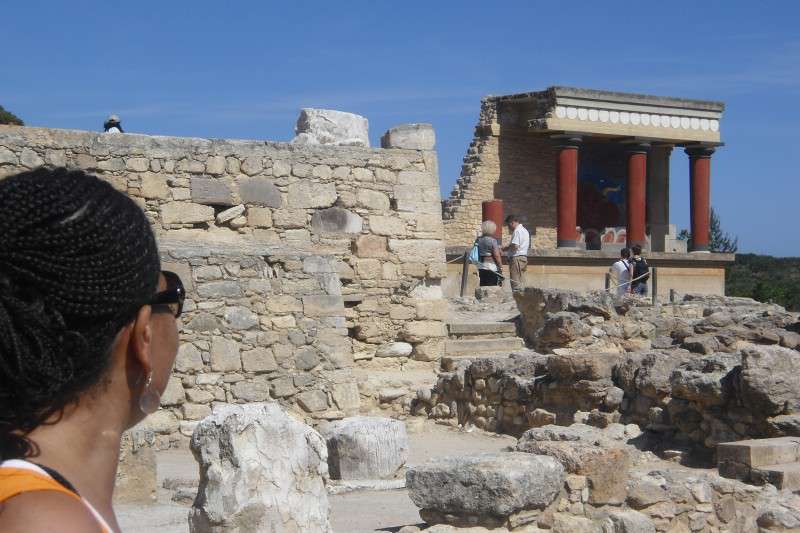
As an avid traveler, I know that preparing for a trip can be overwhelming, especially when it comes to potential travel mishaps. That’s why I’ve put together a list of the top 6 travel concerns for travelers and how to avoid them.
1. What should you do if your passport is lost or stolen?
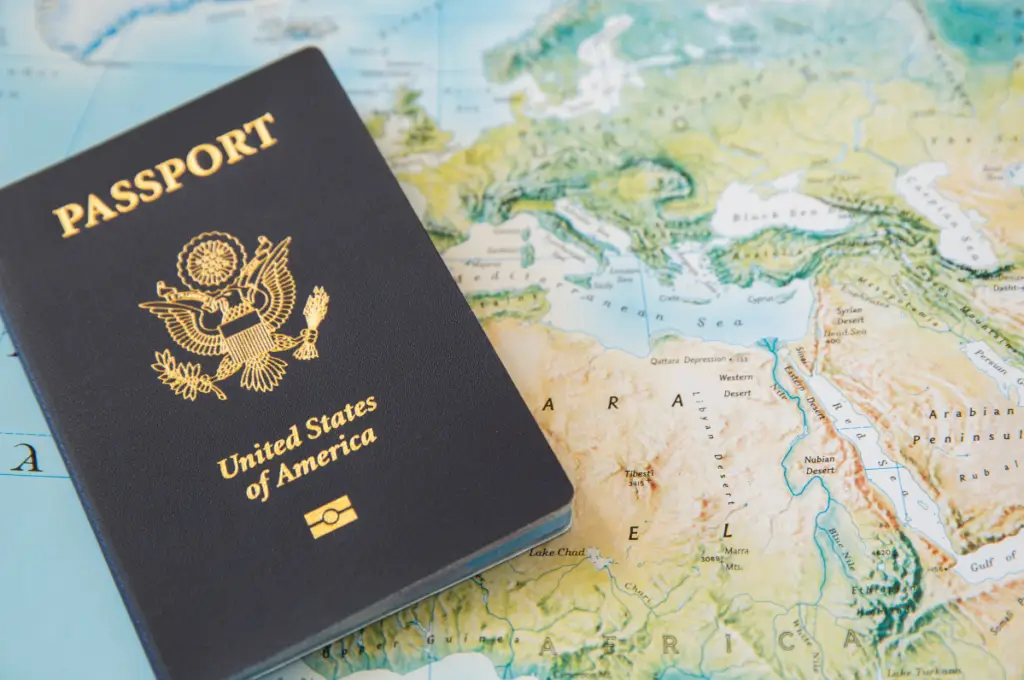
One of the biggest concerns while traveling is losing your passport or having it stolen. If this happens to you, the first thing you need to do is to file a police report and contact your embassy as soon as possible. It’s important to have all the necessary information on hand, so make sure to keep a copy of your passport in a separate place, like in your email or cloud storage.
A friend of mine recently had this happen while we were in Madrid, but because she had a copy of her passport, she was able to easily retrieve all the information for the embassy. She missed her flight to Barcelona but was able to get a new passport issued at the embassy and they even arranged a new ticket for her to fly out that evening.
Remember, if you’re traveling with someone who loses their passport, it’s best to continue on with your flight as scheduled and wait for them at the next destination. The embassy will only accommodate the person with the missing passport, so you’ll need to purchase your own ticket.
To avoid this situation altogether, make sure to keep your passport on you at all times and have a copy in a second place in case yours gets pickpocketed. By taking these simple precautions, you can travel stress-free and enjoy your trip to the fullest!
2. What should you do if your flight is canceled?
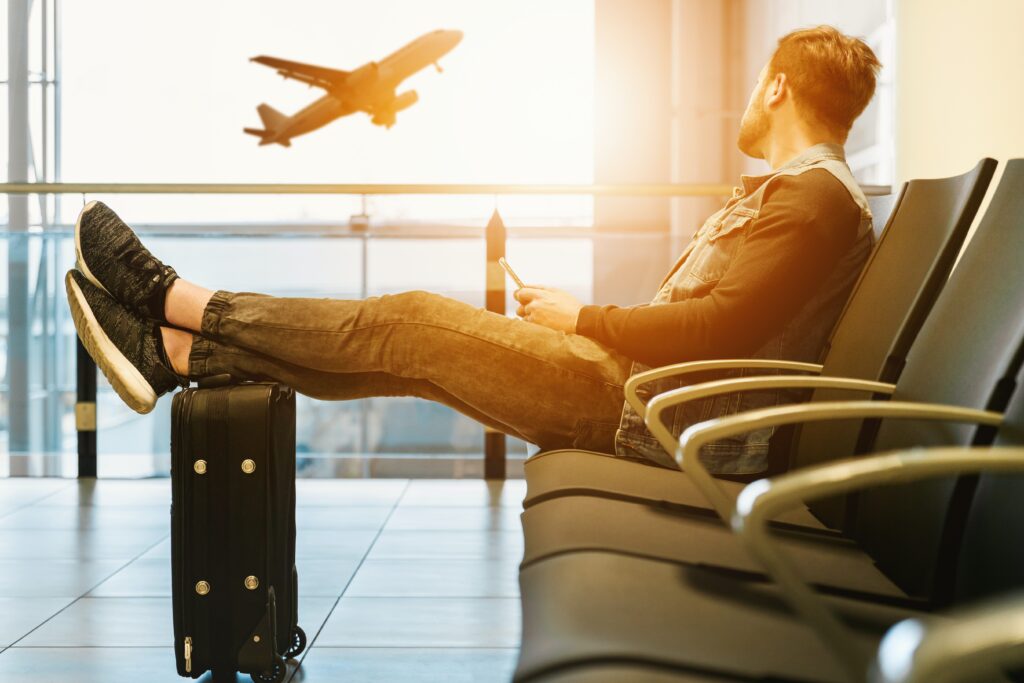
When your travel plans get disrupted due to unforeseen circumstances like a flight cancellation or delay, it can be a frustrating experience. However, there are steps you can take to minimize the impact of these situations.
If your flight gets canceled, call your airline as soon as possible and ask for a refund or rebooking. If you didn’t purchase travel insurance, you may still be eligible for a refund. But, if you did get insurance, contact your provider to see what options are available. Keep in mind that non-refundable flights can leave you liable for any incurred costs, so it’s best to consider travel insurance before booking.
If your flight is delayed, don’t panic. Call your airline to find out the reason for the delay and if they can offer alternative travel arrangements. If the delay is significant and there’s no clear reason, ask for a refund or alternative travel arrangements. Once again, if you have travel insurance, check with your provider to see what options are available.
Remember, travel disruptions can happen, but being proactive and informed can help mitigate the impact. Don’t hesitate to reach out to your airline or travel insurance provider for assistance
3. Unexpected natural disasters or political unrest.
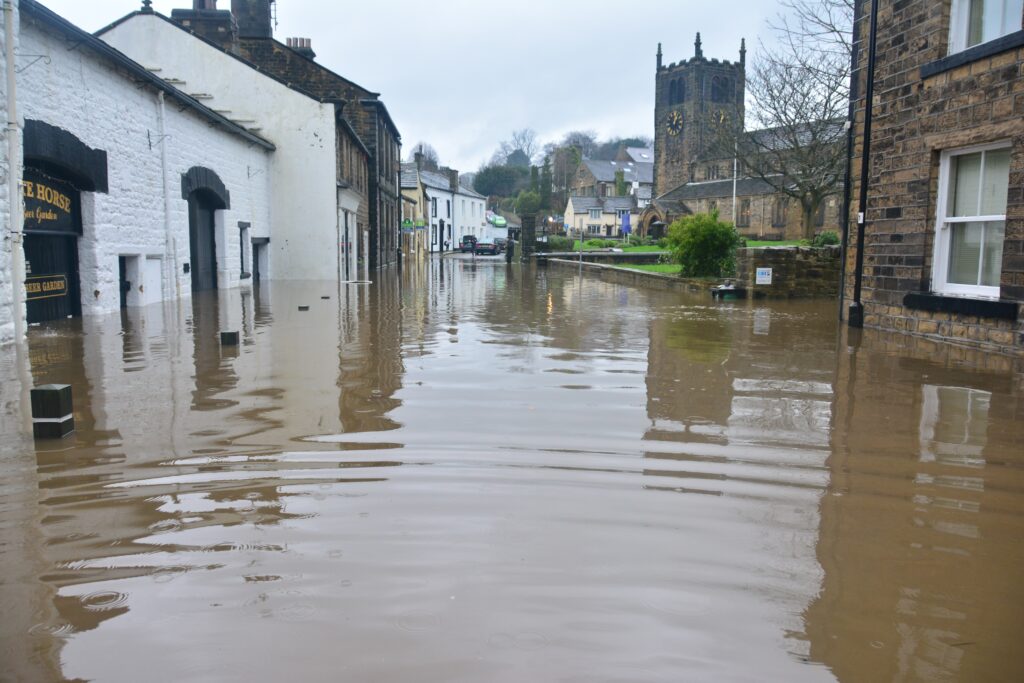
In the unfortunate event of a natural disaster or political unrest while you’re traveling, it’s important to take action quickly. Contact your embassy right away for information on any travel advisories and precautions you should take. They can also assist with evacuations if necessary and help you find temporary accommodation if needed.
A personal story from a friend highlights the importance of embassy support in such situations. When Tiananmen Square occurred while she was volunteering in China, the US Embassy provided her with temporary housing and eventually arranged for airlifts to get US citizens back to the US. So don’t hesitate to reach out to your embassy for assistance in times of unexpected disruptions. So always remember that your embassy is there to help you in times of unexpected travel disruptions. Don’t hesitate to contact them for assistance if you find yourself in a difficult situation.
TIP: Always keep the address of the nearest embassy in your purse or bag.
TIP: Register your trip with the US government STEP program before you go. They will alert you of any changing situations and what to do in case of an emergency.
4. What to do if you have a major illness while abroad.

Firstly, check if your personal insurance covers medical treatment in the country you’ll be visiting. If it doesn’t, don’t worry, that’s where travel insurance comes in. Contact your travel insurance company to find out how to access medical care and what costs you’ll be responsible for. Be aware that some countries have high medical costs, and you may need to pay upfront for all or part of the treatment.
If you have a serious illness, it’s important to reach out to your embassy or consulate immediately. They can help you find appropriate medical care and even assist with evacuation if needed. It’s also essential to contact your travel insurance provider for advice on what to do next.
Now, for some helpful tips to ensure you’re fully covered when it comes to medical evacuation:
- Basic travel insurance policies may not cover the cost of airlifting you back to the US. We recommend calling your insurer before purchasing insurance to confirm that medical evacuation is covered. If it’s not, upgrade to a higher level of coverage that includes this benefit. It can cost upwards of $500,000 to be medically evacuated back home, so it’s worth investing in this coverage.
- If you travel multiple times a year, consider purchasing annual travel insurance coverage. For $600 or less, you can cover yourself and one other person for all trips, local and abroad, including medical evacuation. For even less, around $200 annually, you can be covered for just flights and hotels. Keep in mind that flights and hotels must be booked directly with the vendor, rather than through booking sites like Expedia or Kayak, for this coverage to apply.
5. What to do if you get lost while traveling.
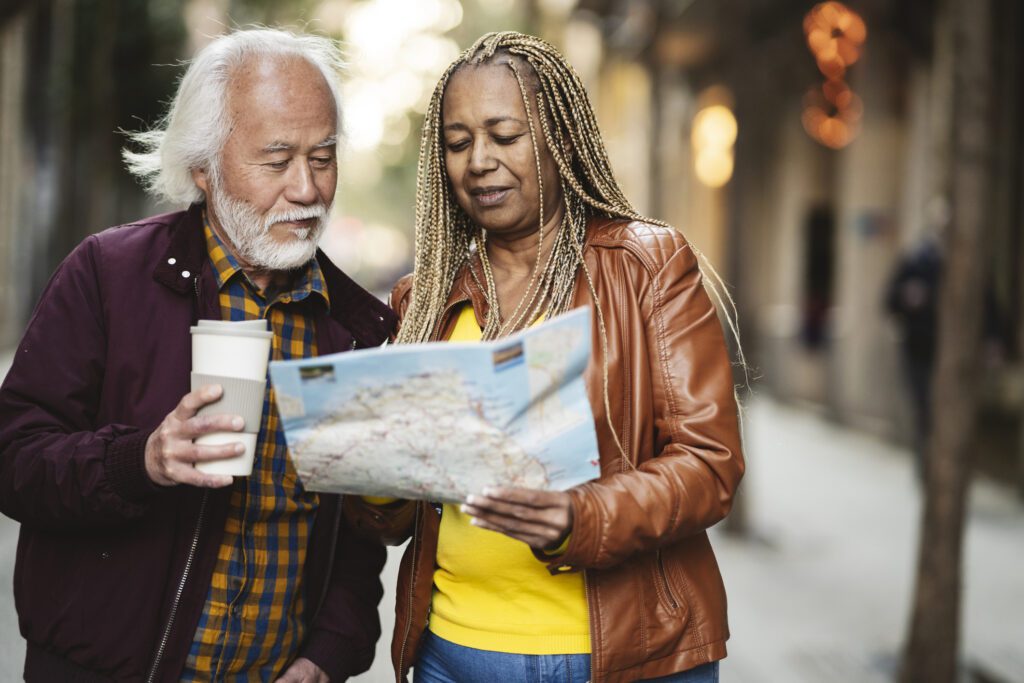
Firstly, if you think you’re lost, try to find a police officer or someone else official, like a hotel clerk or store clerk, and ask for directions. Don’t be afraid to ask for help! If you’re in a country where you don’t know the language, try to give the person helping you a major landmark or train station near your hotel.
If you’re not too far away from your hotel, taking a taxi back is often the best option. Make sure to carry a card with your hotel’s address and phone number to show to the taxi driver to avoid any confusion. This can be especially helpful if there’s a language barrier.
And here’s a pro tip for you: always carry a card with your hotel’s address and phone number on it. This way, you can present it to anyone helping you and avoid any confusion with similarly named hotels or streets. This is an easy way to overcome any language barriers and get back to your hotel safely.
Remember, getting lost is a common part of travel, and it doesn’t have to ruin your trip. Stay calm, ask for help, and always carry important information with you. We hope these tips are helpful and that you’ll have a wonderful adventure!
6. What to do if your credit card or debit card is stolen or deactivated while you are traveling.

When traveling abroad, it’s always important to be prepared for unexpected situations, such as having your credit or debit card stolen or deactivated. This happened to me while I was in Brazil, and it was quite stressful at the time. Someone was using my card in the US, so my bank deactivated it. Unfortunately, I only had one card with me. However, I was able to call my bank’s international number, and they gave me a code to repeat at the ATM to reactivate my card. They allowed me to withdraw as much money as I needed and then deactivated my card again. It was a relief to have this resolved quickly, but it also highlighted the importance of being prepared for such situations.
If your card is stolen or deactivated, the first thing you should do is contact your bank’s international number to find out why. If it’s a case of theft, you should also file a police report. Depending on the bank and where you are in the world, it can take anywhere from a few days to several weeks to receive a replacement card. In some cases, the bank will only send the replacement card to your home address, forcing you to have someone FedEx it to your overseas location. In the meantime, if you need cash, your bank can grant you a cash advance until the new card arrives, but keep in mind that normal fees will apply.
To avoid this stressful situation, we recommend having two cards while you travel. Keep them in separate locations, so that you don’t lose both at once. Additionally, keep a copy of the front and back of each card with you in separate spaces, so that you can easily access the information if needed.
Another useful tip is to request cash in the local currency from your bank a week or two in advance if you’re going on a long trip. The exchange rates are typically better than what you’ll get at an airport or local currency exchange. Use this cash as a backup, and again, keep it separate from your cards.
Lastly, consider applying for an American Express card, as they have a reputation for fast turnaround times for replacement cards, sometimes within a day, and they will typically send the new card to you wherever you are in the world.
I hope these tips help you feel more prepared for your next trip, and that you have a safe and enjoyable journey.
Resources:
US Government Smart Travel Enrollment Program
